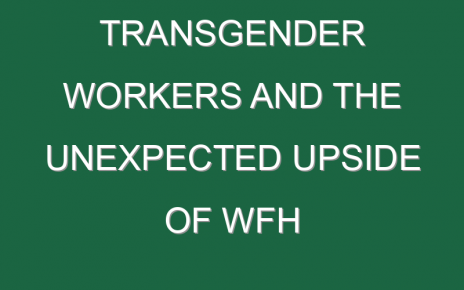This is the web version of Term Sheet, a daily newsletter on the biggest deals and dealmakers. Sign up to get it delivered free to your inbox.
It was an admittedly loony project in the first place: Loon, a much-hyped project aiming to deliver internet via helium balloons, will be shuttered, Google’s parent company Alphabet said late Thursday.
Formed nearly ten years ago within the tech giant’s “moonshot”-focused research lab, X, the hope was to use the balloons to send internet service into areas that have limited to no internet access. While the numbers are hard to come by, an estimated 3 billion to 4 billion people in the world today still can’t shop online (or read this newsletter).
So it makes sense that many tech giants and flashy billionaires view the practice as a major business opportunity: Elon Musk has Starlink; Richard Branson and SoftBank have OneWeb; Jeff Bezos’ Amazon has Project Kuiper. While the aforementioned projects have focused around sending satellites into space, Loon focused on high-altitude balloons.
But as with moonshot bets, it doesn’t always work.
“While we’ve found a number of willing partners along the way, we haven’t found a way to get the costs low enough to build a long-term, sustainable business,” wrote Alastair Westgarth, CEO of Loon in a blog post. “Today, I’m sad to share that Loon will be winding down.”
Here’s a good Wired breakdown of the dynamics: Yes, there are many who lack internet connection in the world. But many of these underserved populations can’t afford Loon’s services or are simply uninterested in the internet. Meaning no financial merits for Alphabet—and so went the project.
But Loon’s creators were aware of this possible future. “The idea may sound a bit crazy—and that’s part of the reason we’re calling it Project Loon—but there’s solid science behind it,” wrote Mike Cassidy in 2013 of the project’s launch. Cassidy led the venture back then.
I can’t help but also wonder—what happened to the capital from its external investors? SoftBank-backed HAPSMobile injected $125 million into the business in 2019 as the duo worked on airborne internet connectivity equipment. I personally have no answers there.
Finances aside, Loon has not been without its successes. It ran a pilot project in Kenya. It also managed to create a navigation system run by A.I.
HOW CONFIDENT ARE YOU? TAKE A SURVEY: For the 12th year in a row, Term Sheet is teaming up with Semaphore to conduct its annual confidence survey of venture capital and private equity investors. In years past, hundreds of you have chimed in to share your views on investing. I’ll publish the results in February. Take it here.





